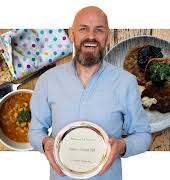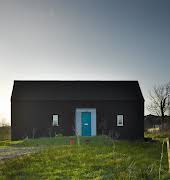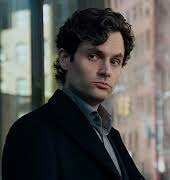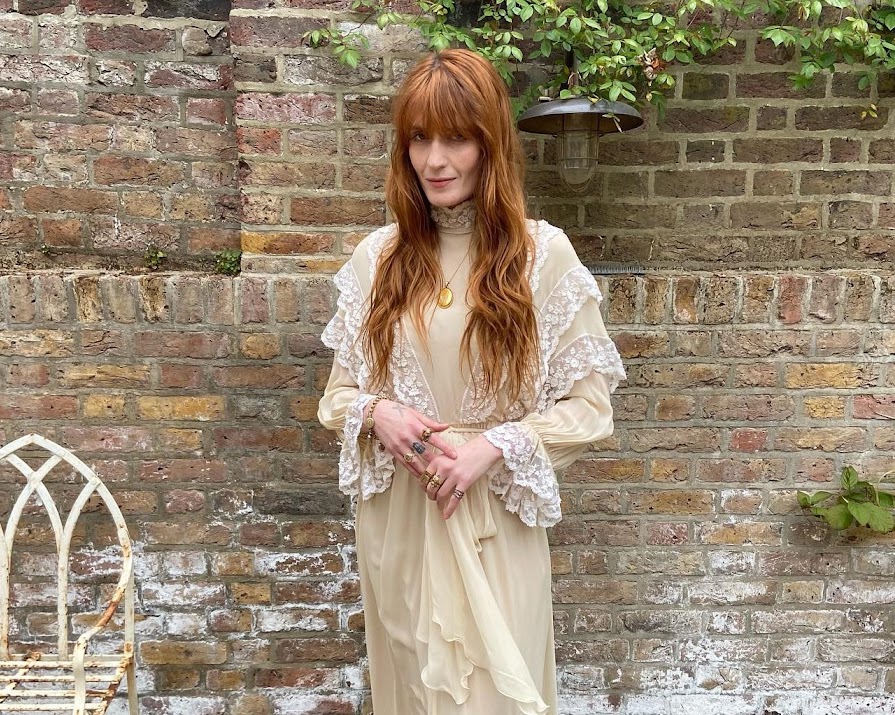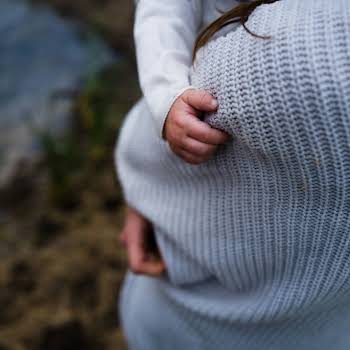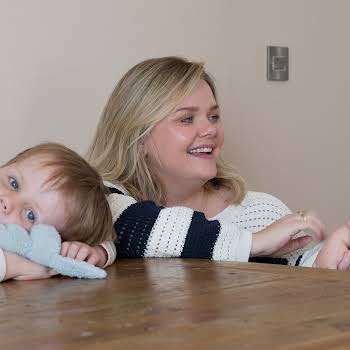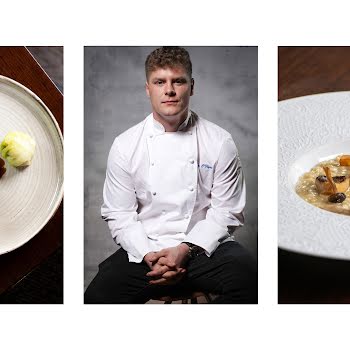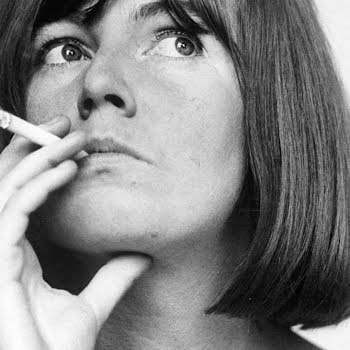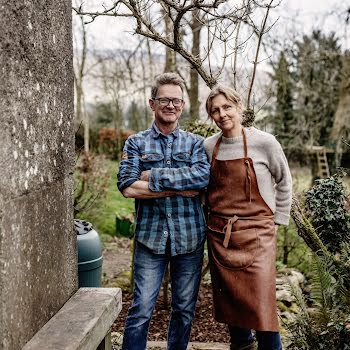Eating disorders, motherhood, loneliness: Florence Welch’s most candid interview ever
By Sarah Finnan
12th May 2022
12th May 2022
With songs that read more like diary entries than lyrics, refreshing honesty has come to be a trademark of Florence Welch’s work… but that candour extends far beyond her records and the talented performer is just as forthright in person, it seems.
Cloaked in gold, with flowers tucked behind her ears, Florence Welch oozes ethereal pop icon on the cover of her new album, Dance Fever.
Performer v person
Clutching her chest with a wistful look on her face, it’s hard not to imagine her as being just as calming and dreamlike in person – but there’s a dichotomy between Florence, the performer, and Florence, the person, as Rolling Stones notes in their recent profile on the singer.
On the one hand, there’s “the emphatic, larger-than-life music persona” known for “epic, quasi-spiritual songs that brim with yearning, euphoria, imagination, musings on the cosmos, or deep-seated sadness”. On the other, there’s the 35-year-old “anxious overthinker with mild agoraphobia”.
Both exude “plenty of whimsy”.
Florence contains multitudes, you see. A concoction of seemingly polar opposites, she’s cognizant yet aloof… and she’s well aware of it too. “I’m such a mix of actually being quite a logical, practical person and then also being completely away with the fairies,” she laughs. “But on some level, I think you would think that I’m more woo-woo than I am.”
Honesty, honesty
Back on the scene with a new album – her first since 2018 – her new songs are every bit as catchy as her previous work, though there’s a renewed focus on lyricism and recent offerings are characterised by surprising honesty too. Touching on everything from her eating disorder to motherhood, love, ageing and the almost suffocating weight of “simply existing”, writing has been a great comfort to Welch, who admits to making sense of the world by “[turning] it into myth and fable”.
As for most other people, lockdown was tough on her. Being creative amidst such global chaos – and the very real possibility that live music wouldn’t return – was difficult, to say the least. “I can be overdramatic at the best of times, but imagining a world without live music? I really don’t know if I could live in that world.”
First grabbing people’s attention in the early 2000s, Florence has been a musical mainstay since then, though the anxiety of such public scrutiny – particularly around her appearance – has inevitably taken its toll. Her self-worth became intrinsically linked to whatever number she saw on the weighing scales; make-up and fancy clothes her armour. It was a period of great upheaval and one that still affects her creative decisions today.
“When I first put music out, my life completely upturned. And so now, every time I put something out, I think I still have in my head: ‘is my life going to be completely flipped?’
“Sometimes fame does feel like loss, like a little bit of your humanity got lost along the way. All I ever wanted was to be a singer, but you’re so naive as to the costs that will come with it. How do you retain your humanness?,” she questions.
Motherhood, sacrifice and the song
Creativity is a selfish monster, Welch agrees, and not one that complements the “timelines and expectations of nurture placed on womanhood”. Her first single off the new album, “King”, speaks directly to this point.
“The biggest relationship in my life has always been the song itself. A lot of this record is about unpacking that relationship with the creative entity and being like, ‘Are you actually a force for f*cking good? Or are you actually demonic?’”
Initially wanting to settle down after releasing her fourth record, Welch felt the songs calling out to her again… but the sacrifice is greater this time. “As you get older, what you are giving up for that becomes more and more. It feels more like a force that’s dragging you away from something… but you kind of enjoy it? And so, it feels much more Faustian than it ever did before.”
Which made her question her priorities. Deciding to do another album and go on tour again felt like confirmation that she wouldn’t be starting a family any time soon. “There was a point where I could have decided not to, and I still decided to book it. And maybe it’s the way we’ve all been programmed, but I do wonder: ‘When is my sudden need to bring life into the world, and will that overtake me until I need to do it?’ I would really like a family at some point, but the creative thing is so strong.”
“I feel haunted by the idea of children, rather than feeling like ‘I’m ready!’” Florence continues. “But then, it’s this dread, that maybe you’re not ready now, but what if you then get to the place where you’re sure and you’ve missed it? Time isn’t on your side, and that kind of rage is what the scream at the end of “King” is – I’m not saying I don’t want these things; I just want more time! But… time isn’t like that. You can’t escape it.”
On intimacy
Once saying that she didn’t think happiness made for very riveting song content, Florence admits that much of her feelings on contentment and intimacy come down to “long-term recovery from eating disorders”.
“So much of that is rejecting nourishment — ‘I don’t deserve to eat, I don’t deserve to feel comfortable.’ Anorexic thinking is still part of my life, even though the anorexia itself isn’t. And so, with emotional intimacy, which is kind of like being fed, sometimes you can be like, ‘No, that’s too much, I don’t need it.’”
Giving herself away in her songs is her way of creating intimacy with fans. “Being intimate on such a grand scale is such a safe way to do it,” she ponders, “But actual intimacy, actual commitment? I really struggle with it. You can spend your whole life craving love, and when someone gives you real wholesome love, loving the real you, you’re like, ‘Why would you do that? I’m disgusting!’”
But, she’s working on it… even if she does think that pain is sometimes necessary to create art.


